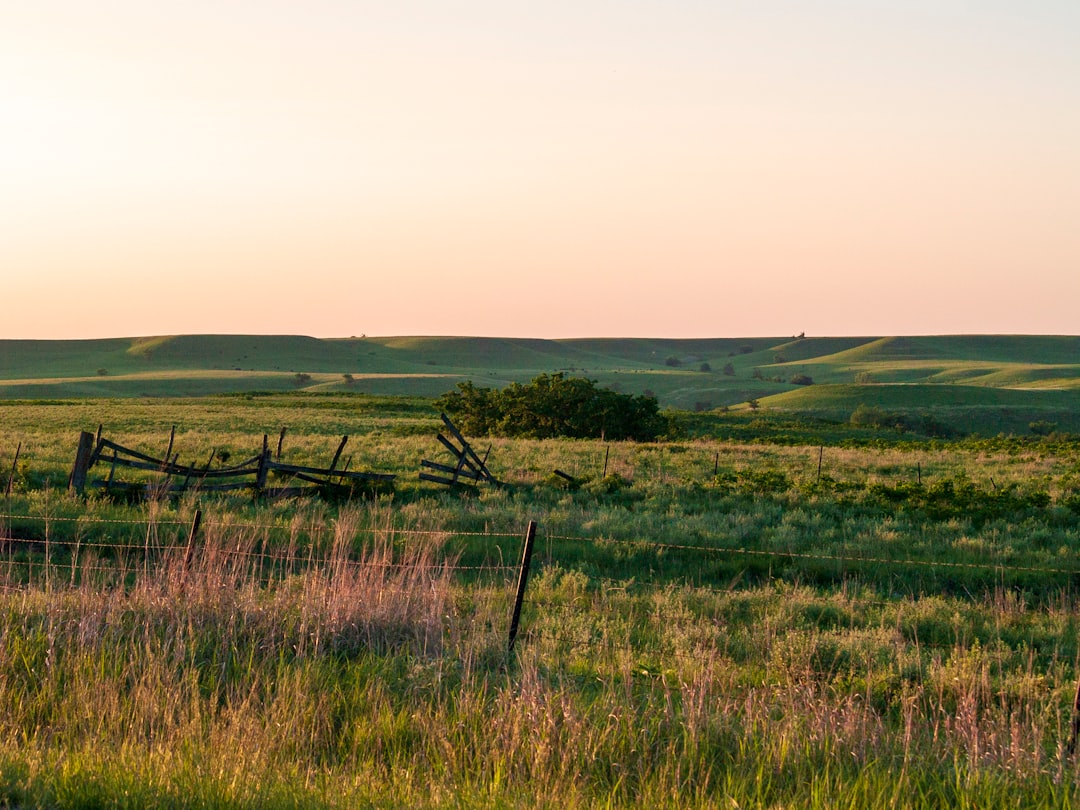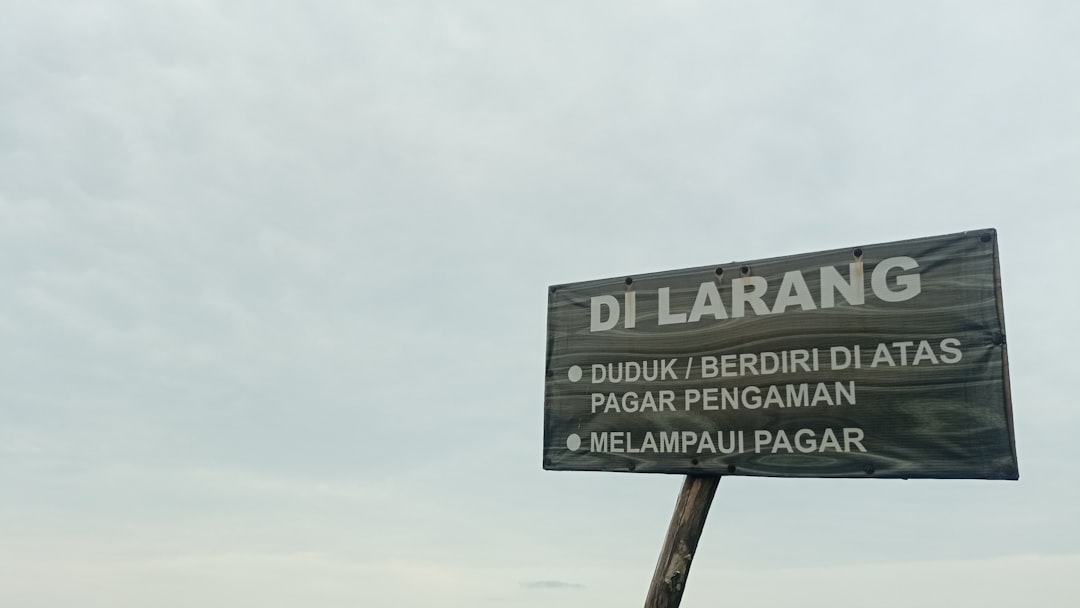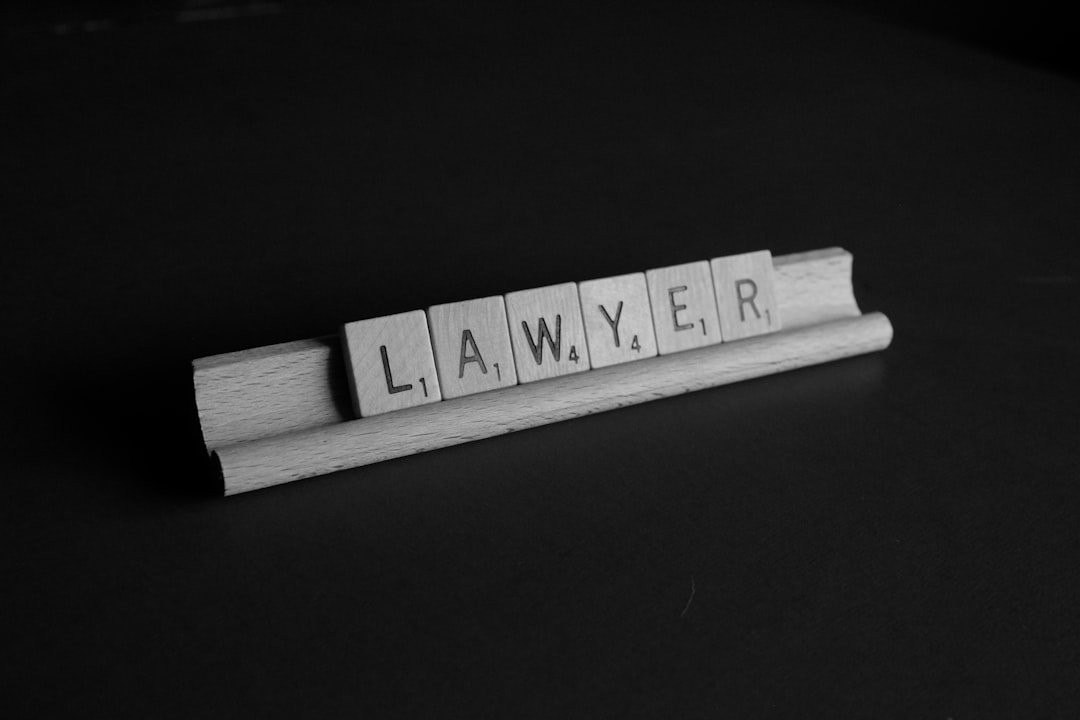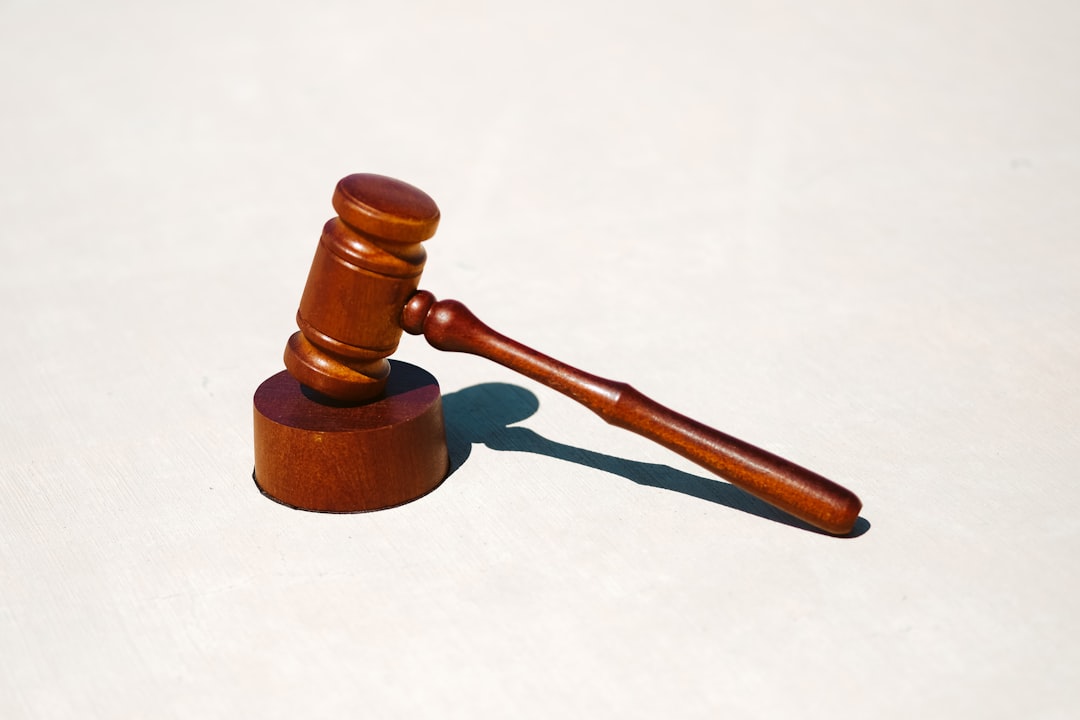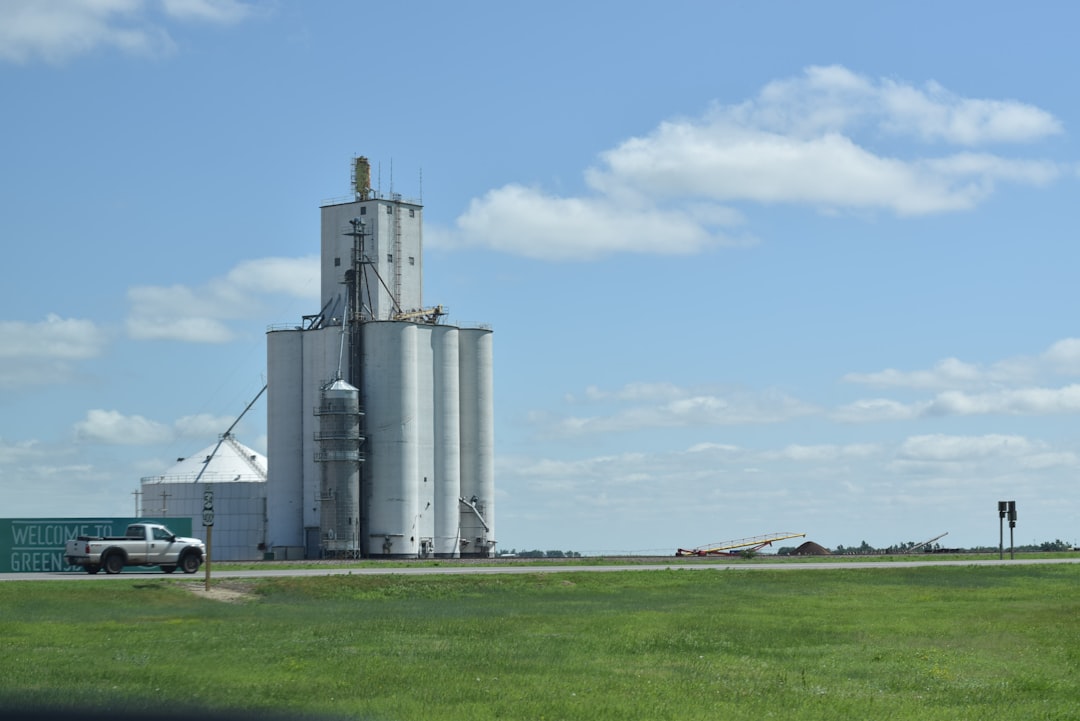Sexual abuse within religious schools in Kansas is a severe issue with lasting impacts on victims' well-being, highlighting the critical role of school abuse law firms. These specialized practices navigate complex state laws like the Kansas Sexual Offenses Law and Child Protection Act to uncover misconduct, offer legal protection, and ensure justice. By interpreting relevant statutes, holding institutions accountable, and providing support systems, these firms address underreporting and delayed justice due to unique legal challenges and inadequate policies. They advocate for comprehensive legislation, fostering transparency and strengthening protections against sexual abuse in Kansas' diverse religious landscape.
In Kansas, addressing sexual abuse within religious schools involves a complex interplay of legal considerations and institutional responsibilities. This article delves into the scope of the issue, examining cases from a Kansas perspective and highlighting the state’s legal frameworks designed to protect students. We explore challenges, gaps in protection, and the crucial role of school abuse law firms in holding institutions accountable. By understanding these dynamics, we aim to foster informed discussions and promote safer learning environments.
Understanding the Scope of Sexual Abuse in Religious Schools: A Kansas Perspective
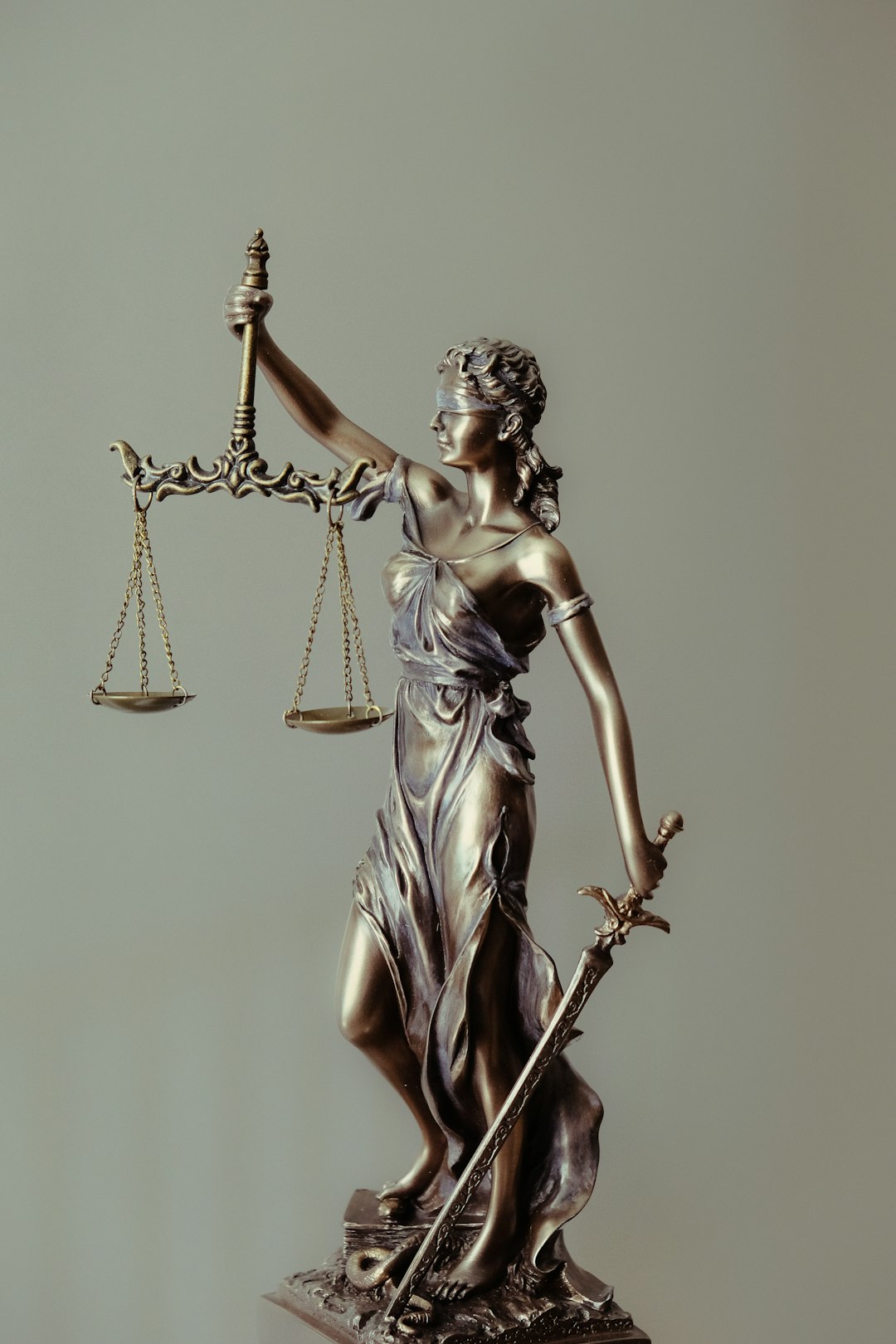
Sexual abuse within religious schools is a complex and sensitive issue that demands careful attention, especially in states like Kansas where such institutions play significant roles in the community. According to various studies and reports, cases of school abuse have far-reaching consequences for victims, often leading to long-term psychological trauma and physical health issues. Kansas, with its diverse religious landscape, is not immune to these challenges. Many school abuse law firms in Kansas have been instrumental in uncovering and addressing instances of sexual misconduct by teachers or other authority figures within religious educational settings.
In Kansas, the scope of this problem encompasses various forms of abuse, from physical contact to emotional manipulation, and often involves power imbalances between students and their mentors. The state’s legal framework, which includes statutes on child protection and school liability, offers a foundation for holding institutions accountable. School abuse law firms in Kansas have been pivotal in interpreting these laws and ensuring that victims’ rights are protected, providing a crucial support system for those affected by such traumatic experiences.
Legal Frameworks and Existing Laws in Kansas Addressing School Sexual Abuse
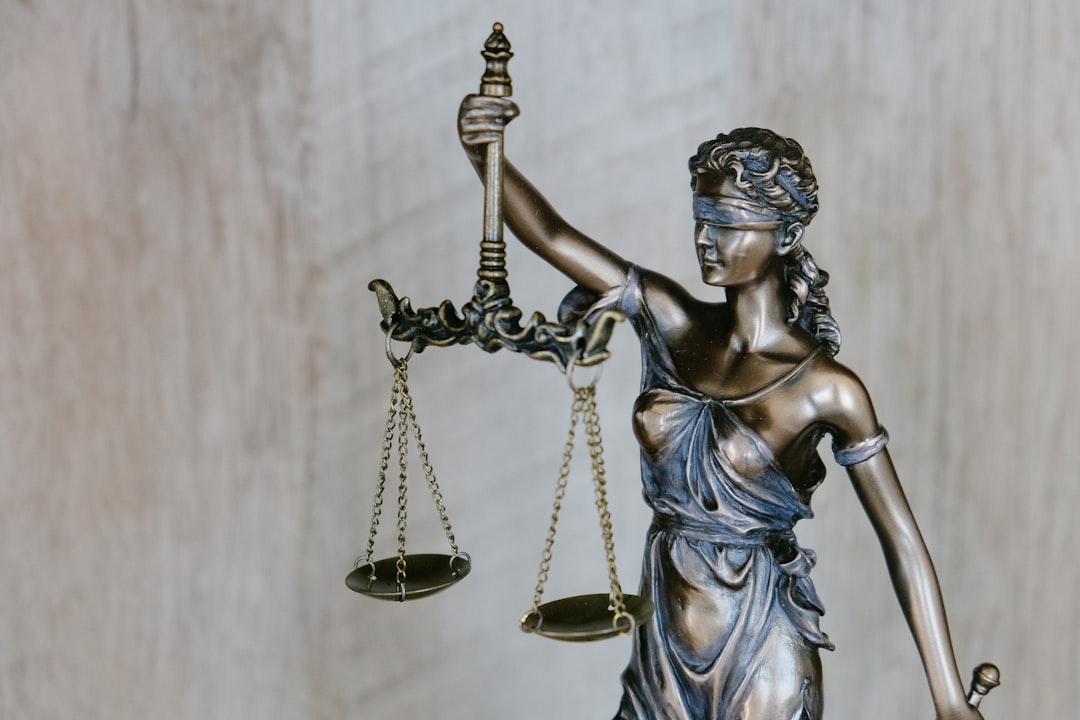
In Kansas, addressing sexual abuse in religious schools involves a complex interplay of state laws and institutional policies. The legal frameworks governing such cases are multifaceted, with various statutes and regulations aimed at protecting minors and ensuring accountability. Key laws include the Kansas Sexual Offenses Law, which outlines definitions, penalties, and reporting requirements for sexual misconduct, including incidents that occur within educational settings. Additionally, the Kansas Child Protection Act emphasizes the duty of schools and religious institutions to report suspected abuse and provide safe environments for students.
School abuse law firms in Kansas play a crucial role in navigating these legal considerations, assisting victims and their families in pursuing justice. These firms specialize in interpreting relevant statutes, such as those concerning institutional liability, privilege, and the specific obligations of educational facilities. By leveraging their expertise, these law firms help victims understand their rights, ensure proper reporting mechanisms are followed, and seek appropriate remedies, including civil litigation or criminal charges, where applicable.
Challenges and Gaps in Protecting Students: Case Studies from Kansas Schools

In addressing sexual abuse within religious schools, Kansas faces unique challenges and gaps in protecting students. Despite the state’s laws prohibiting sexual misconduct by educators, cases of abuse have persisted, highlighting the need for more robust protections and enforcement. Many school-related sex abuse cases in Kansas involve complex legal issues, including jurisdictional debates between civil and criminal courts, as well as religious institutions’ claims of sovereignty and immunity. These challenges often delay justice for victims, who may face an uphill battle when pursuing legal action through school-affiliated law firms.
Case studies from Kansas schools reveal a pattern where policies and procedures for handling abuse allegations are inadequate or poorly implemented. This has resulted in a culture of secrecy and underreporting, fostering an environment where abusers can evade accountability. As such, there’s a pressing need for comprehensive legislation that mandates strict reporting protocols, enhances transparency, and ensures victims’ rights—a gap filled by school abuse law firms dedicated to advocating for affected individuals.
The Role of School Abuse Law Firms in Holding Institutions Accountable in Kansas
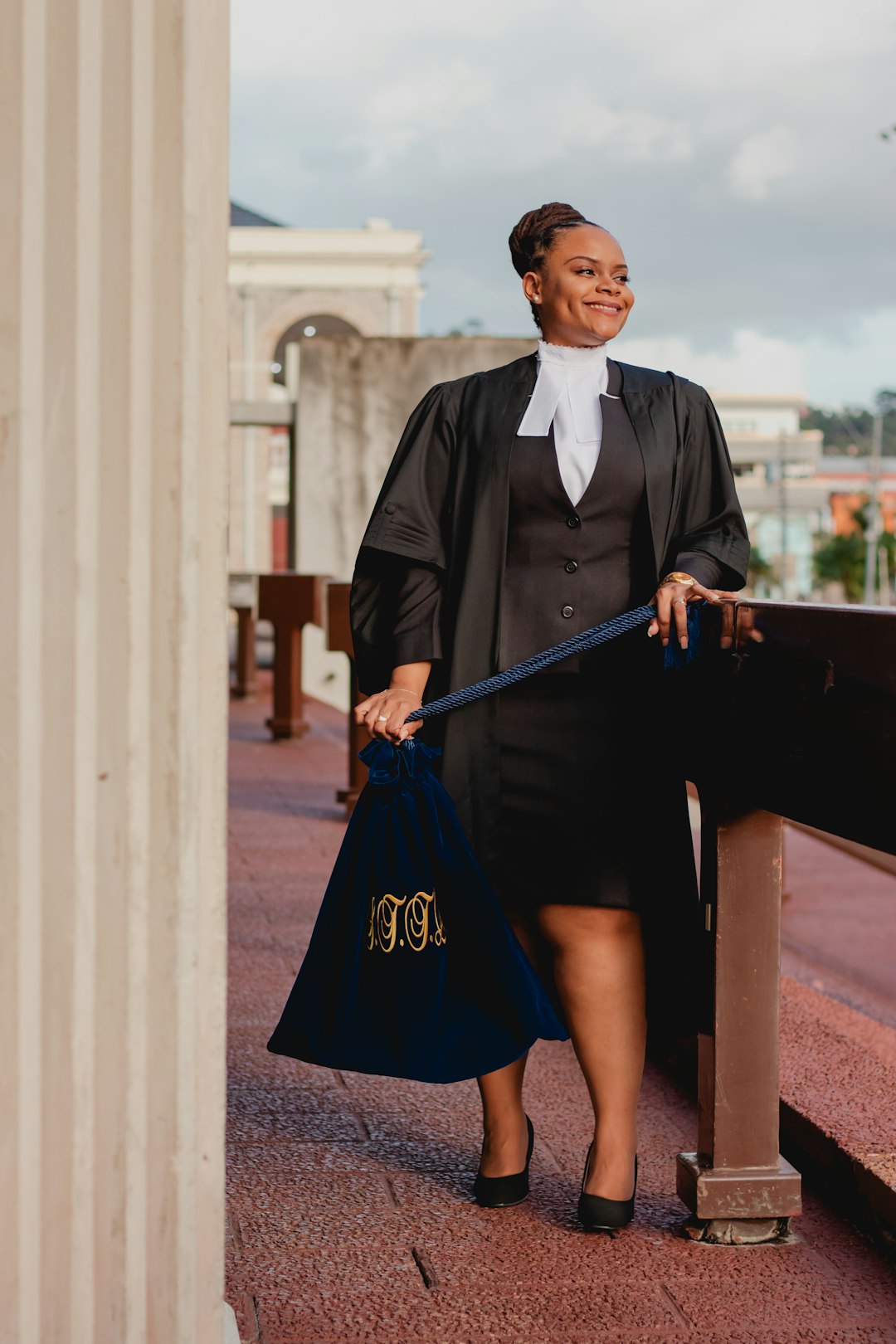
In the context of sexual abuse within religious schools, school abuse law firms play a pivotal role in holding institutions accountable. These specialized legal practices are well-equipped to navigate the complex web of state and federal laws, including those specific to Kansas, which govern educational institutions and protect students from harm. By leveraging their expertise, these law firms can ensure that victims receive justice and that schools are held responsible for failing to protect their charges.
Kansas, with its diverse landscape of religious schools, benefits significantly from the presence of school abuse law firms. These legal professionals not only assist in investigating and prosecuting cases but also advocate for policy changes that strengthen protections against sexual abuse. Their efforts contribute to a safer environment for students, fostering transparency and accountability within educational institutions across the state.
